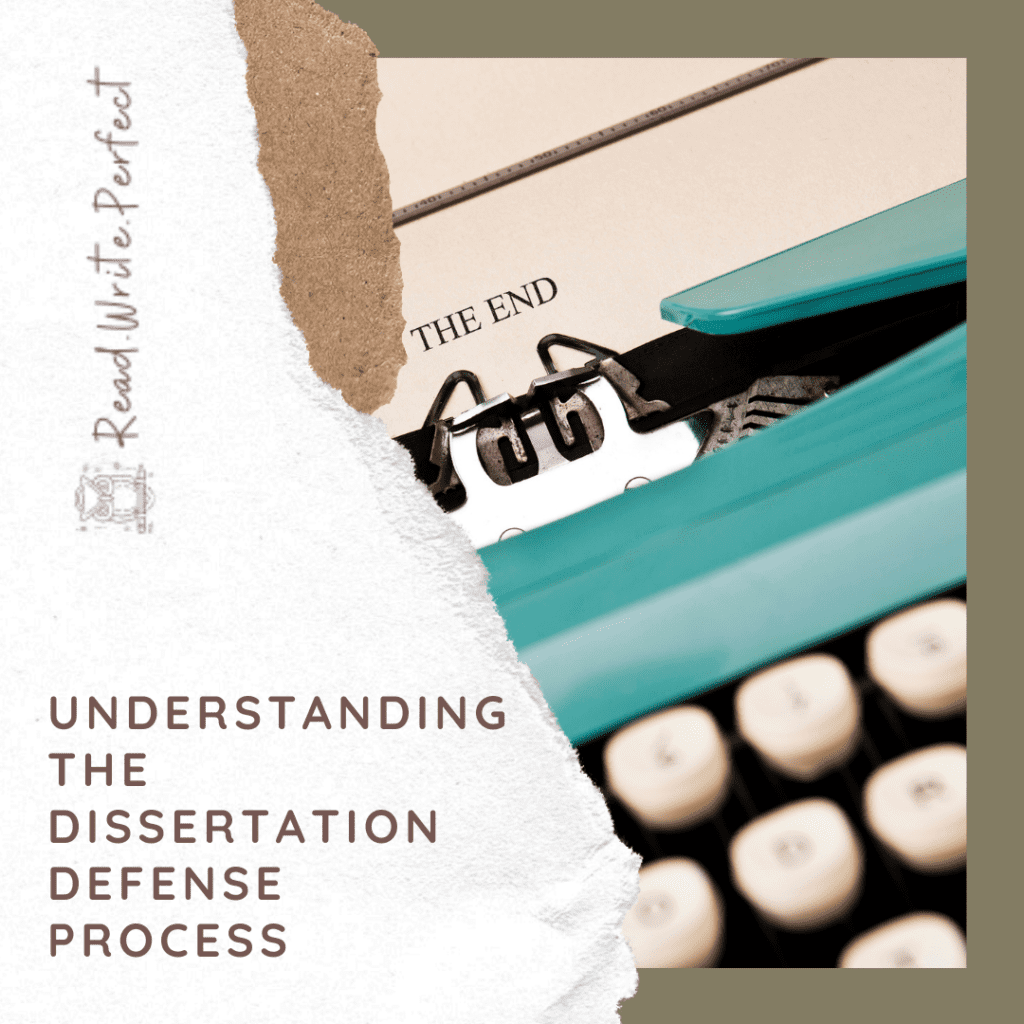
You may unaware that there is still some work ahead before you can call your dissertation done and dusted. Here’s a quick guide to what to expect as you approach the dissertation finish line.

The purpose of this read through is to ensure that everything looks complete and coherent. The focus should be on high-level things, such as making sure you have fully explained your theoretical framework, documented your research gap, or explained your coding process. However, some supervisors will also pull you up on lower-level items as well during this read through – your untidy formatting, for example, or your APA citation errors.
It may be tempting to look for a dissertation editor at this point, to make sure everything looks shiny. However, bear in mind that you likely have several more rounds of revision on the final draft to do at this point – and an editor will charge you for each new round. For a full-length dissertation, that can get pricey. What’s more, supervisors are not usually looking for absolutely perfection at this point (although a complete mess will not be acceptable). With that in mind, it may be worth doing your best on your own for this first proofread and edit.
With the draft looking good, you will need to prepare for your defense presentation. This will usually need to be scheduled in advance, with enough time for all committee members to read your draft and prepare feedback and questions. The key is preparation and practice (and if you need some help with that, consider coaching!).

Your committee members will have read your draft before the presentation, and they will have prepared questions to ask you. The more of these questions you can anticipate in advance and address in your presentation, the stronger your defense will be. After your presentation, your committee members will ask questions about areas they feel need clarification (and these questions give a good indication of the types of revisions you might be asked to make).
Finally, your committee members will most likely ask you to leave the room while they discuss your presentation and draft together. They will make a decision about whether you pass, pass with revisions, or need to revise extensively.

These changes usually involve clarifying aspects of the procedure or the findings.
Now is it time to hire an editor? Well, probably not yet. Once you have completed the revisions, your supervisor will need to check them. They may say they are sufficient, or they may ask you to work on them further. This may continue for several passes back and forth, until your supervisor is convinced you have met the provisions for passing.
Once your supervisor is finally satisfied with your revisions, it’s time to work with an editor. Your final draft will need to be prepared for publication by your institution, and this means making sure the grammar, expression, formatting, referencing, and citations are perfect. This should require only one or two passes by a professional editor, although it is always worth having an as many extra sets of eyes on your document as you can.
Only when your supervisor is 100% convinced that you have crossed every “t” and dotted every “i” will you get the green flag – you have officially completed your degree and earned your title!
What next? Well … I suggest a really big party. 🙂
